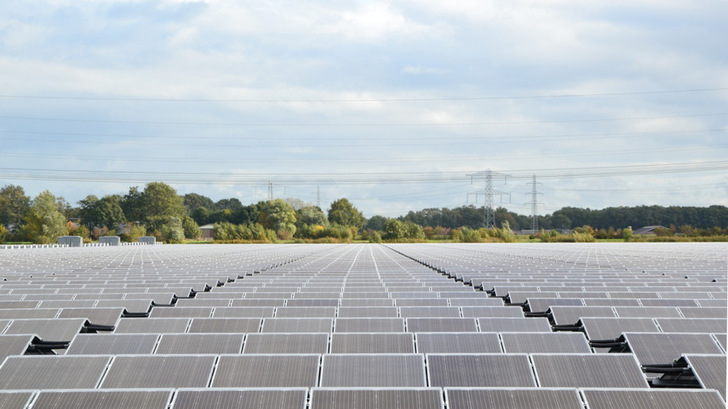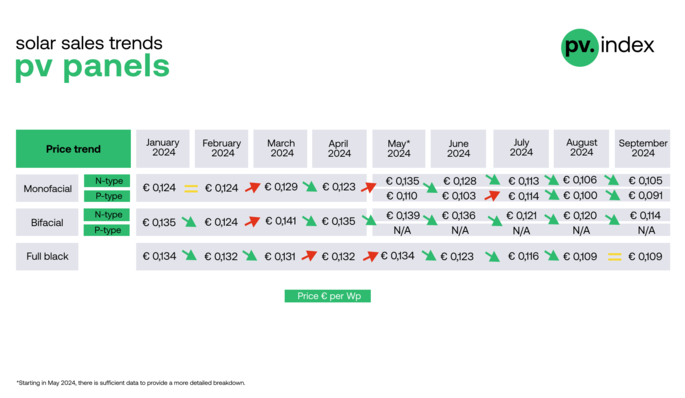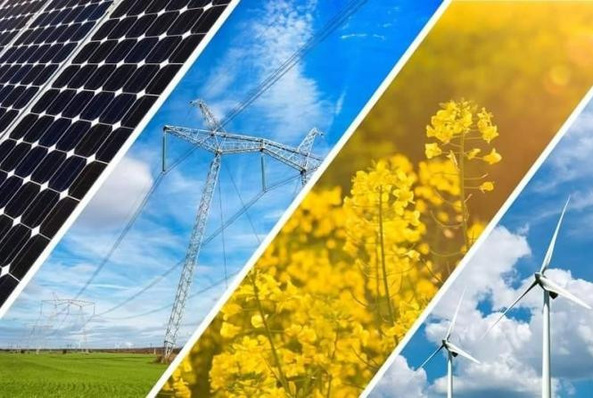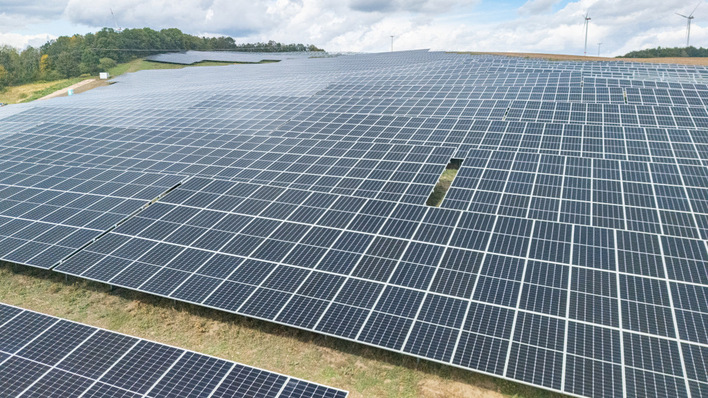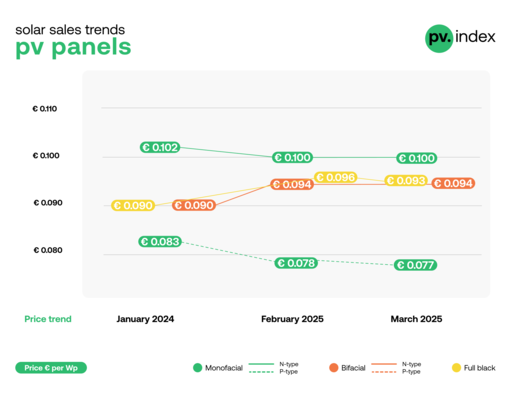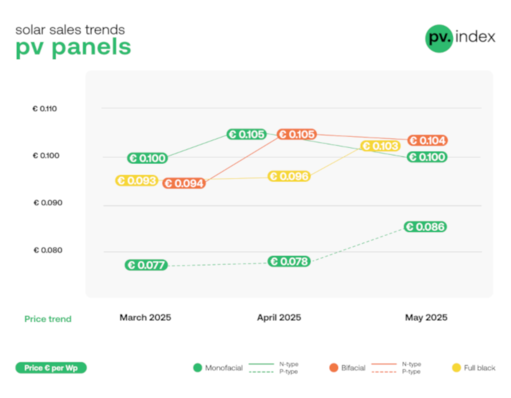In a joint appeal to the European Commission, OIE Hrvatska, SolarPower Europe, and WindEurope have outlined the challenges currently hindering Croatia’s renewables market. The letter urges immediate negotiations with the Zagreb government to advance the country’s energy transition.
No clear energy transition policy
Croatia is facing infringement proceedings for delays in implementing the EU Renewable Energy Directives (RED II and RED III). Additionally, the government has postponed adopting its National Energy and Climate Plan (NECP). According to industry associations, these actions signal a lack of a coherent energy transition policy. The European Commission is aware of the issue, as its latest country report on Croatia’s energy transition highlights the nation’s lagging progress.
Croatia’s renewables sector to convene in Zagreb
Large projects on hold
Several factors are slowing the expansion of renewables in Croatia. Many large-scale projects remain stalled because the energy regulatory authority has yet to set a connection fee for installations over ten megawatts (MW). Originally planned for introduction in September 2022, this fee is essential for connecting new installations to the grid. Additionally, the plan includes shifting grid expansion costs onto renewable energy project developers.
Companies withdrawing from the market
The associations warn that prolonged delays risk severely undermining investor confidence in Croatia’s energy and economic policy. They also point to systemic distortions in the balancing market and a lack of fair competition. Several European companies have already left the market, placing an additional 2.5 gigawatts of renewable energy projects at risk.
Stay informed about the latest developments in solar energy. Subscribe to the free PV Europe newsletter, delivered twice a week. Sign up here.
Missing rules for storage
Regulations for connecting battery storage systems remain absent. In March 2025, Economy Minister Ante Šušnjar announced that connection fees for storage would be waived and developers offered flexible contracts to boost investment. However, this commitment has yet to be backed by concrete action.
Excluded from balancing markets
Renewable energy installations remain excluded from participating in the balancing power markets, which are currently controlled by a monopoly provider. This monopoly can impose excessive costs on participants, including energy suppliers. “This is a systemic regulatory failure. Without urgent intervention, Croatia will lose its renewable investment pipeline, further lock its energy system into fossil fuel imports, and derail its contribution to the European Green Deal,” industry representatives warn.
Matjaž Grošelj of K2 Slovenia: “We face strong competition”
Renewable electricity instead of gas
Brussels must urgently engage with Zagreb to resolve the deadlock and ensure compliance with EU law. This requires establishing a competitive balancing market that includes renewable energy plants and integrating battery storage into the NECP. These measures are critical to preventing investment in LNG terminals and gas pipelines from overshadowing the transition to renewable electricity. (su)

